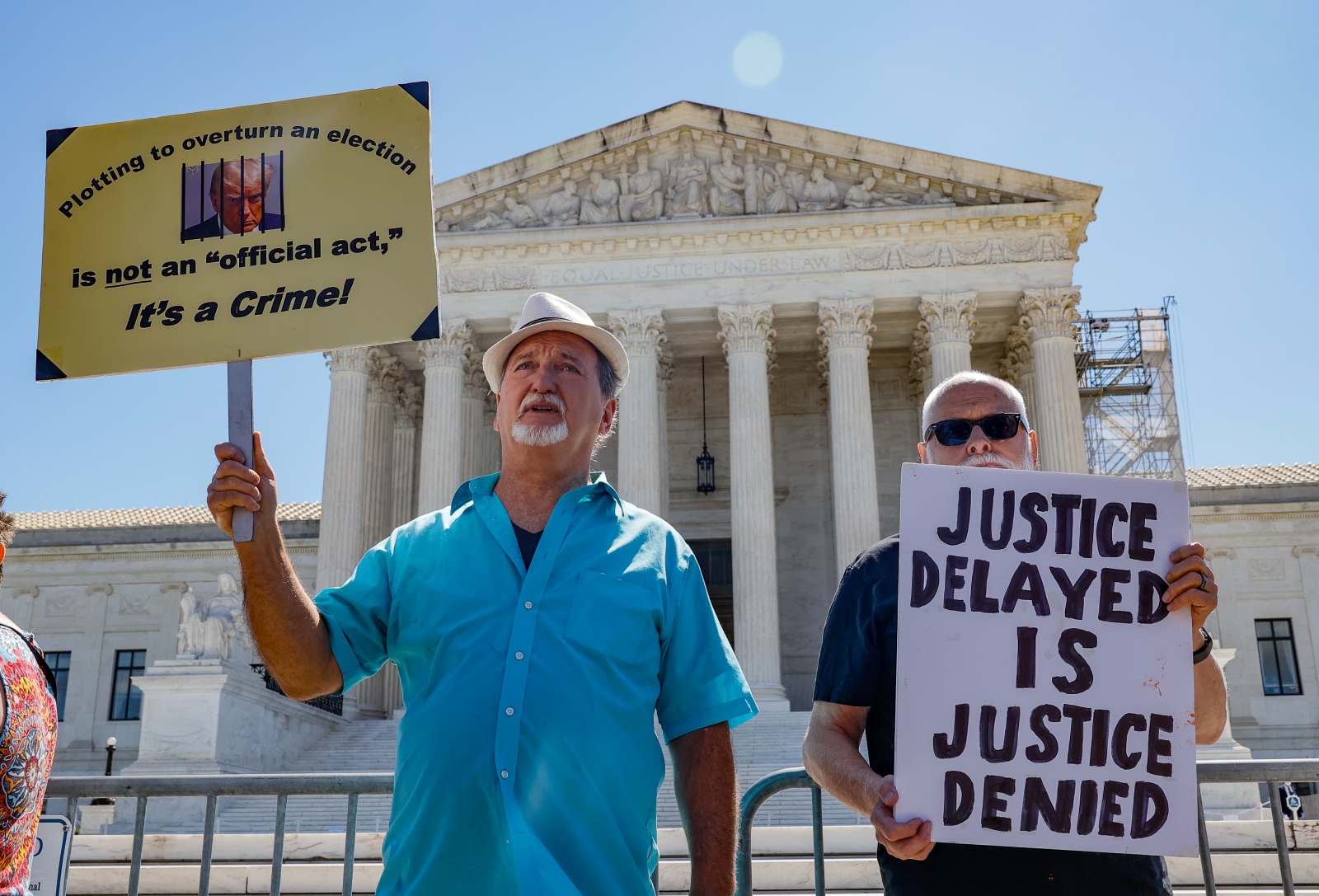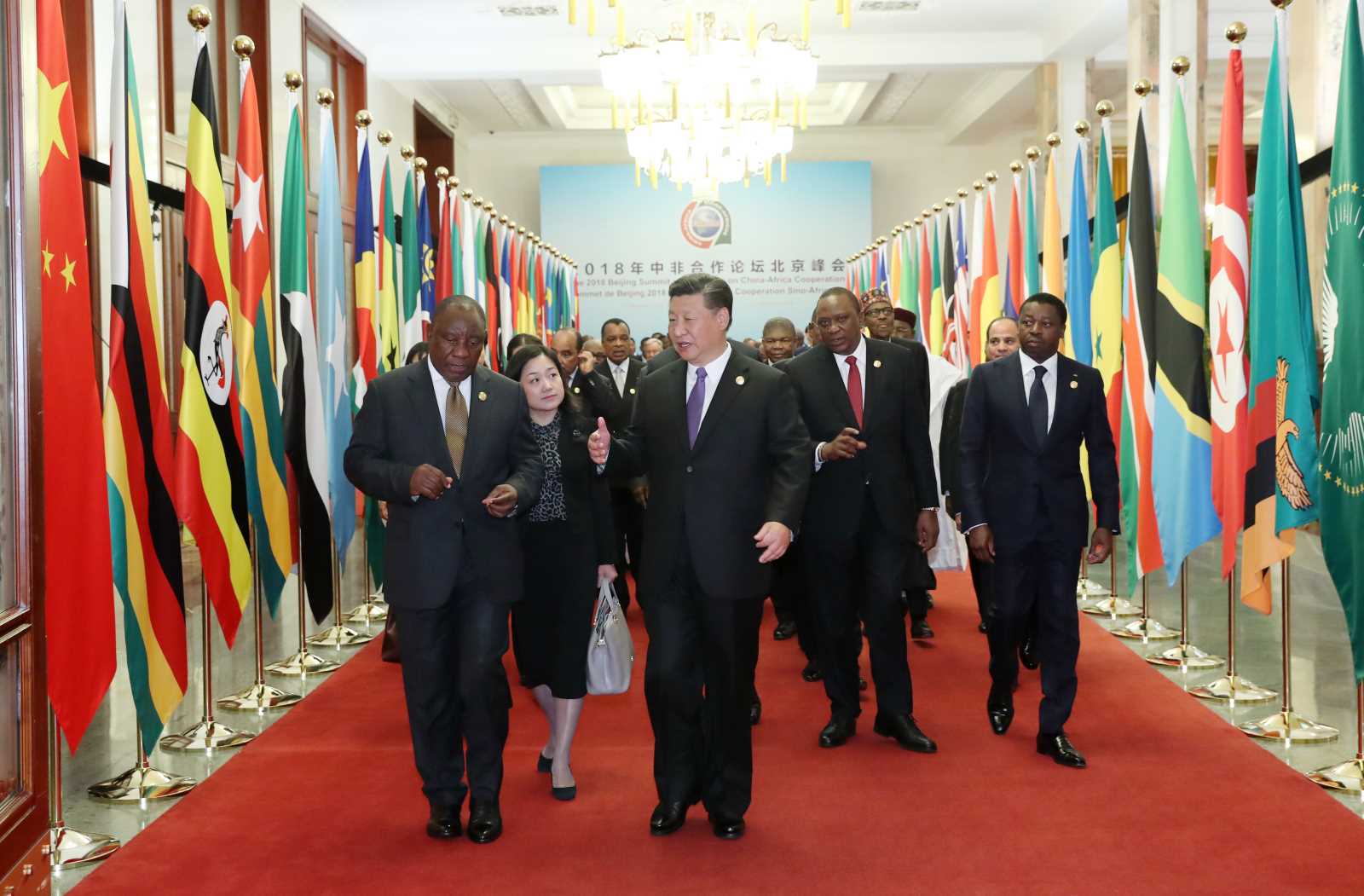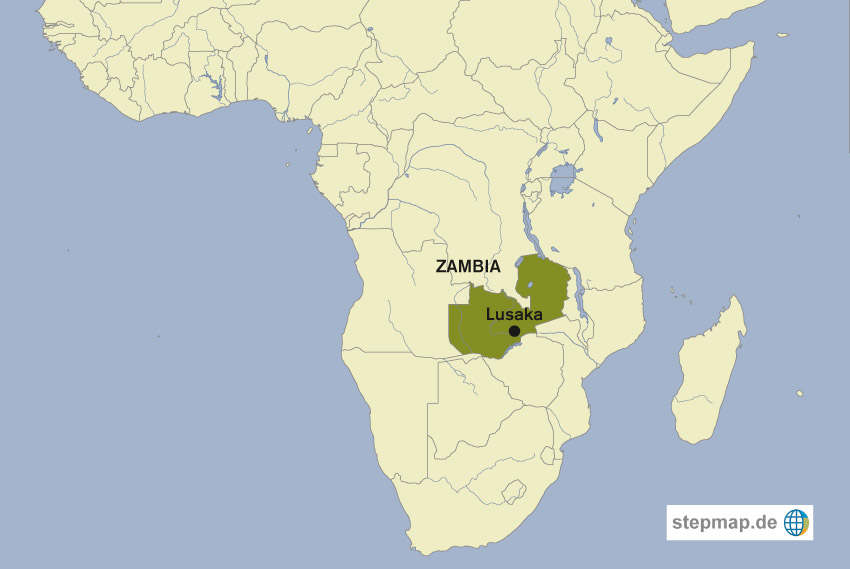Rousseff deserved a full term in office
It is true that Rousseff has become extremely unpopular. The reasons are a painful recession and her government’s involvement in a massive corruption scandal at Petrobras, the state-owned oil corporation. Nonetheless, the impeachment process, in the course of which legislators have now suspended her from office, is flawed. For several reasons, it is undermining rather than stabilising Brazil’s democracy:
- Impeachment is meant to be a juridical process, not a political one. Rousseff, however, has not been accused of any personal wrongdoing in the Petrobras affair, but only of using garbled budget data in an election campaign. The legal case against her is therefore extremely week. No one doubts that the budget issue is only a flimsy pretext.
- Many politicians who have been driving the impeachment are themselves accused in the Petrobras scandal. One of Rousseff’s most vocal critics has even been suspended from office by the Supreme Court.
- The involvement of many parties, not just Rousseff’s, in the Petrobras scandal is systemic. Rousseff’s government used some of the money to bribe other parties to support it. The other parties are therefore not cleaner than Rousseff’s.
- Transition President Michel Temer is neither more popular than Rousseff nor above suspicions himself. However, he lacks her electoral legitimacy. Should he be impeached or forced to resign, the next politicians in line to assume Brazil’s top leadership do not have better reputations either.
- In formal terms, Rousseff’s impeachment process will take another six months. She may return to power in theory. That is unlikely, but possible. It is thus not clear that Temer’s transitional administration will last.
- The current political turmoil does not help to tackle the underlying problems of the recession. Instead, legislators have now set the dangerous precedent of impeaching a president when the mood in the country turns sour. This may well spell serious trouble in future crises.
- This is all the more harmful as Rousseff’s rhetoric of a coup is overblown, but not complete nonsense. The opposition parties never quite accepted her narrow victory in the past election, and Brazil has a history of elitist and undemocratic government, not least under military dictators. Rousseff’s claims of being victim of a coup resonates with many of her voters.
None of this means that Rousseff should not be taken to account for the Petrobras mess, but citizens should do the reckoning when the next elections take place. Rousseff won a valid democratic mandate in the last elections, and – unless proven guilty in a serious legal sense – she deserves a full term in office. The country’s judiciary has become stronger during her and her predecessor Lula da Silva’s tenure, and it would have been wise to let the judges do their work instead of politicising the affair.
Democracy depends on checks and balances. What is currently happening in Brazil, looks unbalanceed. All institutions of the state have been damaged: the presidency, the legislature and the judiciary.
P.S.: Temer has now appointed his cabinet. Apparently all members are white men. That is not a re-assuring message in a country as diverse as Brazil.
P.P.S.: There is a trend of likening Brazil to Venezuela, where left-leaning President Nicolás Maduro is confronted by an increasingly assertive praliament and announced a state of emergency claiming he needs to prevent a Rousseff-like, foreign-backed coup.
Brazil's party system is fragmented and many legislators are involved in the Petrobras affair that is now blamed on Rousseff. Rousseff, moreover, did not show contempt for democratic institutions. In Venezoela, in contrast, the opposition won a coherent two-thirds majority in legislative elections in December last year. Maduro has a track record of athoritarian leanings and disrespect for the opposition - and so did his mentor and predecessor Hugo Chávez. Venezuela's legislators have a mandate to change the course of policymaking, and the president's talk of international conspiracies is irresponsbile.
In Brazil, however, it seems quite likely that legislators want to bury the Petrobras affair and blame everything on the suspended president - who, ironically, has not been accused in the affair personally so far.













